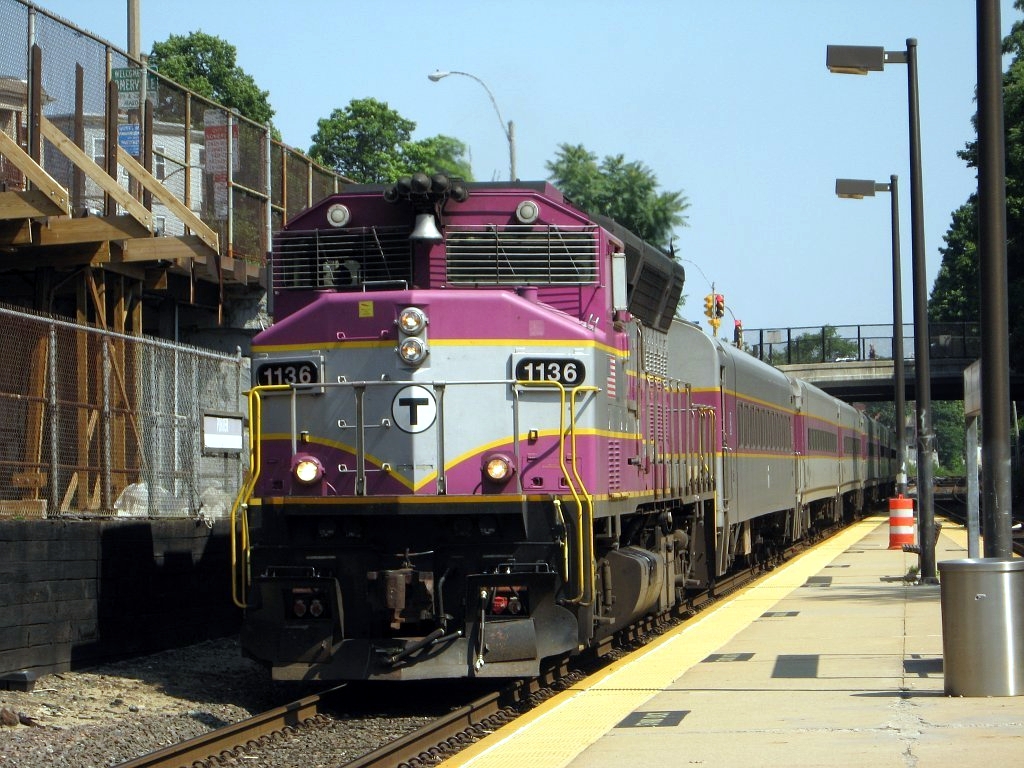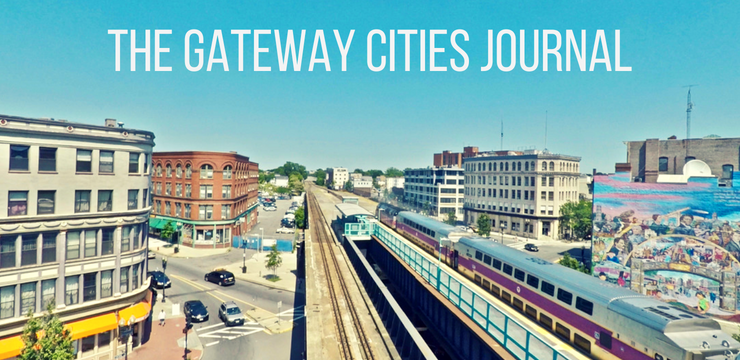The previous edition of our journal argued that regional ballot initiatives (RBIs) are a must-have tool if Massachusetts is going to move forward with transformative transportation investments. This position is supported by MassINC research dating back to 2010. As more and more regions around the country successfully wield RBIs to make 21-century transportation investments, the case for them becomes increasingly convincing.
Tomorrow the House will take up transportation funding legislation. An amendment offered by Haverhill Representative Andy Vargas (#273 to H. 4506) would empower Massachusetts communities to utilize RBIs. This amendment merits support from Gateway City leaders.
Without a doubt, the House bills are a significant step forward as currently constructed. One would bring in approximately $600 million a year to improve roads, bridges, and public transit. The second would authorize up to $14 billion in new borrowing to upgrade the state’s aging transportation infrastructure.
However, by all estimates, they will not provide sufficient funding to meet the needs of regions throughout the state. The proposed MBTA Commuter Rail improvements alone area estimated to cost between $18 and $28 billion. Experience shows that when there isn’t enough money to go around, communities outside of Boston don’t get the investments they need to grow and prosper.
Getting taxpayers to pony up more money will be difficult when voters in regions outside of Boston haven’t benefited from major transportation investments in the past. Under the House legislation, dollars will flow into opaque transportation funds, making it hard to evaluate where resources will actually go, when they will get there, and whether this level of funding is sufficient to meet the needs of Gateway Cities.
Regional Ballot Initiatives are the obvious solution. By definition, RBIs will produce more equity by giving voters in every region equal footing to make the investments they believe are necessary. They will also create much-needed discipline. (When voters know the projects they approved, agencies are far more accountable to deliver them on-time and on-budget). Lastly, they will give the private sector confidence to invest in dense, mixed-use development that maximizes the valuable land in Gateway City station areas.
The Massachusetts Senate approved RBI legislation in 2016 and again in 2018. This week leaders in the House have the opportunity to do the same, giving communities a powerful tool to generate more balanced and sustainable growth.
Housing and Economic Development
Fitchburg’s NueVue Communities receives a grant from Fidelity Bank to provide homeownership and small business development services.
Lowell opens a brand new Justice Center, which will house five courts.
Developers in Lynn argue that a surge of new residential projects will relieve pressure on the city’s housing stock.
The New Bedford Community Economic Center receives $100,000 for their “Love the Ave” project.
Berkshire Innovation Center, a state-of-the-art hub that received over $12 million in state grants, opened its doors in Pittsfield last week.
A proposal to provide $150,000 in city funds for a brewery and taproom in Pittsfield is gaining support.
Salem receives grants totaling $1 million to renovate its pier and maximize use of 45 acres of undeveloped land near the Salem Harbor Footprint power plant.
Former Fed vice-president Jeff Fuhrer joins MassDevelopment as Chief Strategy Officer.
Lt. Governor Polito says other can learn from the success Gateway Cities have had with the Transformative Development Initiative.
An Economic Development bill the Baker administration expected to release this week will likely include housing elements.
Transportation
Lawrence and Worcester make moves to go fare-free while Lowell and Fitchburg look on.
Bus Rapid Transit may be on its way to Lynn and other Massachusetts cities.
Legislators in Pittsfield consider East-West rail obstacles.
Worcester Regional Airport considers adding more flights to serve as an alternative to Logan.
At a Worcester-area forum, state officials say crowded trains and a lack of parking at commuter rail stations are among the barriers to getting people to switch from driving to public transit.
CommonWealth covers the House transportation bills, and Governor Baker’s response.
A new Urban Institute study finds a “spatial mismatch” between the location of jobs and affordable housing.
Education
Fitchburg High School reports record graduation rates.
Culinary students in Haverhill participate in an Army National Guard MRE Challenge.
The Elizabeth Freeman Center in Pittsfield receives a grant for the Educating Equity Project, which aims to prevent domestic violence and help local teens develop healthy relationships.
MassINC joins legislators, Commissioners Riley and Santiago and multiple stake holders at a packed State House briefing last week to advocate for Early College funding.
The Nellie Mae Education Foundation announces request for proposals for their Amplifying Youth Voices Grant Fund.
Energy/Environment
Fitchburg welcomes a new organization called Keep Fitchburg Beautiful to clean up the streets in the city.
Boott Hydro Power Plant in Lowell is bought by a Maryland-based private equity firm.
Parallel Products gets approval to continue its environmental review process in New Bedford where it is trying to expand glass and plastics recycling.
Quincy begins its plastic bag ban, starting with a 90-day transition period for residents and retailers.
Creative Placemaking
Fitchburg’s Riverfront Park is illuminated by dozens of sculptures created by local artists in a leap-day art festival.
An exhibition at the New Bedford Whaling Museum features artwork by the student winners of the international Ocean Awareness Contest run by a Massachusetts-based nonprofit.
The Guardian features New Bedford’s arts strategy in a piece on successful shrinking cities.
Worcester hosts a concert and dance performance in a collaboration between The Worcester Chamber Music Society and The Hanover Theatre Conservatory Youth Ballet Company.
Communities & People
Carol Roberts has made it her mission to improve the lives of residents of a Brockton housing development as tenant association president.

